Student Blog
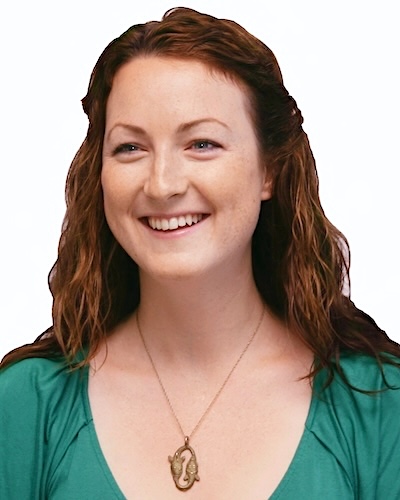
Main Campus is Officially Awesome ⟩
September 13, 2011, by Alix
I just started the second half of the OT program here at USC, and this year I’m taking three of my classes on the main campus. Amazingly, I had never been to the main campus before this week (I know, it’s terrible) because all my classes were on the health sciences campus last year. So, why didn’t anybody tell me how awesome the main campus was? I love the health sciences campus and everything, but it really doesn’t compare. The trees and sculptures are beautiful, there are fountains everywhere, and I love the bustling energy and all the happy undergrads riding around on their beach cruisers.
Another great fact about the main campus: I started teaching free outdoor yoga there this week in Alumni Park underneath the trees. The OT Faculty Practice is sponsoring free yoga classes on both campuses all semester long, and I’ll be teaching every Tuesday at 9AM. Before I found out about OT, I wanted to become a yoga therapist, so I’m happy to be teaching other students and thinking more about how I can use yoga in my practice as an OT. It’s also just nice to spend time outdoors in the morning while the campus is still quiet and peaceful.
In light of the unexpected awesomeness of the main campus, I decided I’m finally going to come out for a tailgate. (Usually it’s virtually impossible to drag me out of Santa Monica on the weekend.) Stay tuned for the full report on tailgating. I’ll make sure to take good notes. 😉
⋯
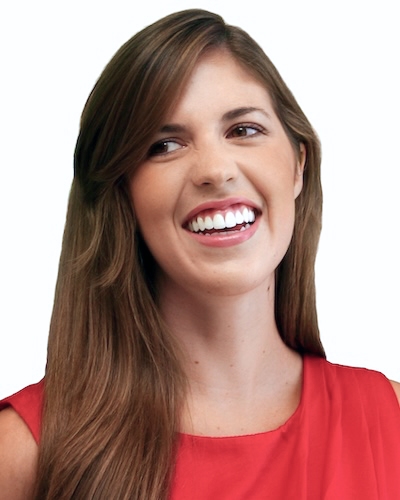
Why I Chose Occupational Therapy ⟩
September 13, 2011, by Chelsea
Occupational Therapy (OT) seems to attract a diverse array of people, but all of which have a few key characteristics in common: they are amicable, creative, investigative, caring, and interested in many different things. I consider myself as falling into this category. I’ve always had many different hobbies ranging from playing tennis to doing black and white photography. Similarly, I have always had many different interests in school — mainly in the domains of science and art.
When I came to USC as an “Undecided” freshman, I started by taking a few biology and chemistry classes and a few art history and photography classes. I was having such difficulty deciding what to declare as my major that at the end of my freshman year I visited USC’s career counseling office where I discovered the happy-medium that was occupational therapy. I learned that occupational therapy required both creative thinking and scientific knowledge; and that you could find the therapeutic value in the activities you love doing and incorporate them into therapy. My first OT class that I took was Intro to Occupational Therapy with Kate Crowley and, from that point on, I knew I wanted to be an occupational therapist. Kate’s brilliant way of engaging her students makes everyone look forward to her class. It was so interesting to evaluate our own daily occupations and determine how they were impacting our health. I started to realize what an enormous role my hobbies had on my daily health and well-being and became more cognizant of how to balance my lifestyle.
Currently, I am in the second year of the Master’s program and I’m taking my first OT elective: Hand Therapy. One of our first assignments is to observe hands and record what fascinates you. People can be so creative with their hands and use them so intricately. I think it is such a good example of how occupational therapy allows you to combine creativity with science because the hand is so complex. Now I just need to think of a way I could incorporate therapeutic aspects of tennis and photography into hand therapy . . . hmmm.
⋯
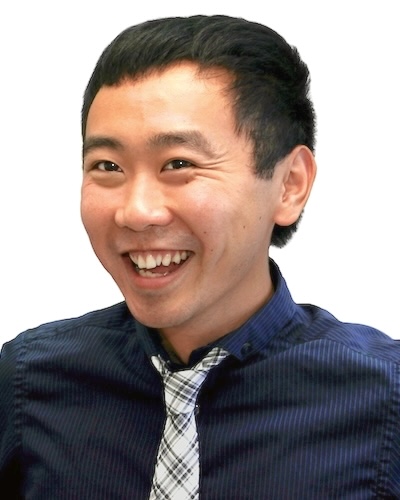
I Heart Los Angeles! ⟩
September 13, 2011, by Floyd
I got the warm weather, a multitude of restaurants, and beautiful beaches. What more can I ask for?
I was born and raised in LA, and in my 25 years, I am still surprised about the many places that I have not experienced. There is always something to do or somewhere to go. Whether I feel like hiking up the Santa Monica Mountains or follow the new art exhibits at the Museum of Contemporary Art or strolling along Rodeo Dr, I can always plan to have too much to do.
On Friday I went to Disneyland and Disney’s California Adventure with my friends and watched the Aladdin musical. I go almost every week because my friends and I have an annual pass, which lets us in any time with free parking. On Saturday, I went to Universal’s Studio City Walk where I got to see live bands and eat at the new sushi place that just opened. It’s great because it’s free admission with only 10 dollars for parking. On Sunday, I got a massage in Chinatown for 20 bucks. Yes, 20 bucks for a full hour! This place was clean, friendly, and I felt wonderfully relaxed afterwards. I can’t wait this weekend because I have more fun plans.
Peace love and OT!
⋯
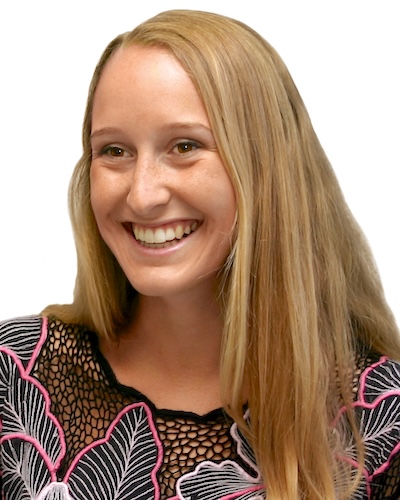
Welcome International Students! ⟩
September 13, 2011, by Kimberly
Last weekend I attended the first-ever international student welcome BBQ at Dr. Erna Blanche’s house. This year the OT department decided to pair 2nd year students with international students entering the program. It was really nice to be able to meet all the international students in a setting outside of class. The informality of being in someone’s home, being next to the beach, and actually having time to talk was much appreciated.
After introductions and a nice meal with a few faculty and administrators, all of us students walked around the marina and down through the sand to the ocean. It was fun to see some of the international students react to seeing the Pacific for the first time or being reminded of their oceans at home. It reminded me of my study abroad experience in college when I finally got to see the ocean in Portugal after being landlocked in the middle of Spain for 3 months; a much-needed reprieve for this southern California girl.
We all got to watch the sunset and then just hang out a bit more before heading home. I am excited to get to know all the international students more and talk to them about OT in their home countries. Though I may know LA, I have a lot to learn from them about global issues and how we can work together to strengthen our profession. It’s a really exciting program and I hope that USC continues with it in years to come.
⋯
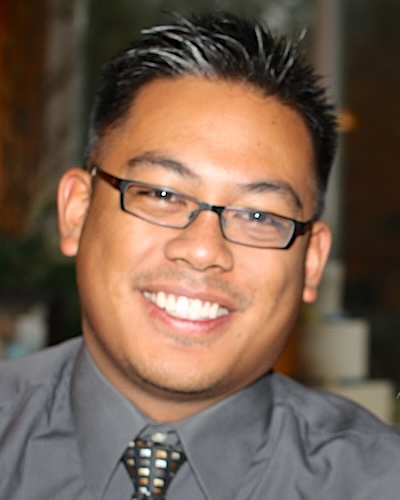
End of the MA program ⟩
June 2, 2011, by Pierre
Much has been accomplished these past few months . . . research, papers, tests, comprehensive exams, celebrations, graduation, and now, my last fieldwork internship. I can honestly say, these 2 years in the MA program have flown by so fast and I’ve become the better for it. There was much pressure, lack of sleep, deadlines to meet, relationships to uphold, and future plans to be made . . . and, I’m still alive. My educational experience here at USC has really proved to be valuable. I find myself really applying everything I’ve learned in my treatment sessions, attempting to ‘grow’ my clinical reasoning skills, and above all, advocating for our profession in my practice area.
I always heard of USC being the leader in Occupational Therapy and Occupational Science, but I didn’t realize how well they equip you to become an emerging leader as well. I am very happy to have come out of this program feeling that I can take on any challenge posed before me in the various clinical settings.
So, what else lies before me? The OTD.
Fight on USC OT!
⋯





